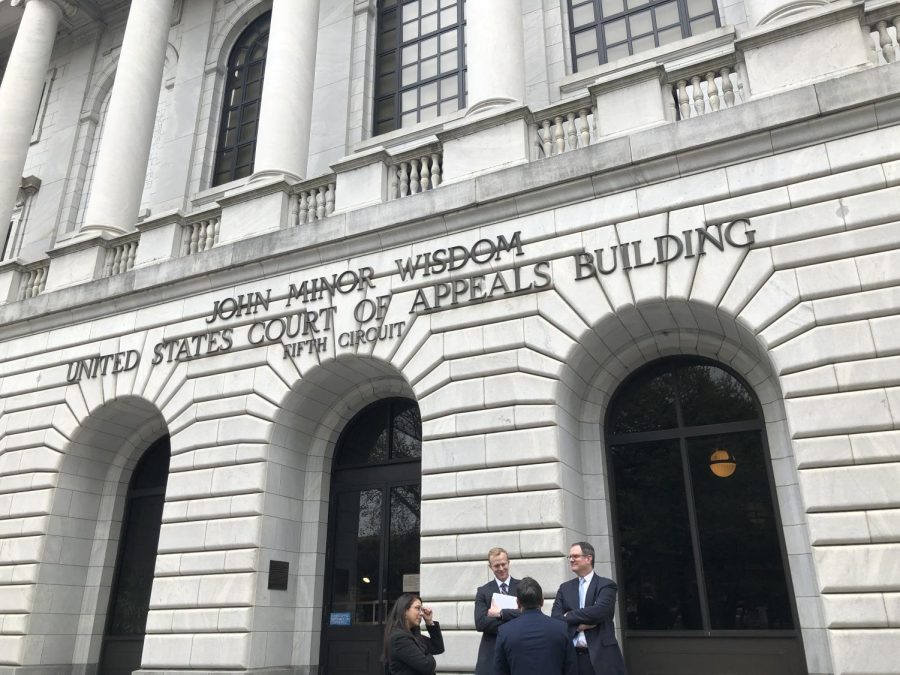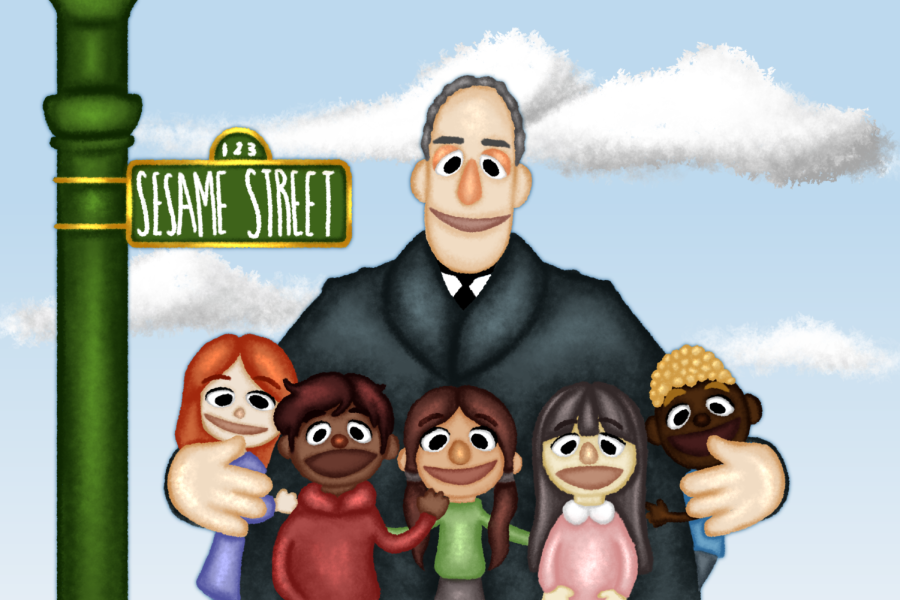The Supreme Court of the United States announced in February that an oral hearing of four cases consolidated under Brackeen v. Haaland will be held Nov. 9, challenging the Indian Child Welfare Act of 1978 (ICWA). Among the plaintiffs are the states of Texas and Louisiana and the case will be defended by the Biden Administration.
ICWA was enacted after the U.S. government recognized the disproportionate rate of Native children removed from their homes. The act details how cases regarding the removal of Native children from their families in custody, foster care, and adoption must proceed with preferences for a child’s extended family or a member of the same tribe.
The central case, Brackeen v. Haaland, began when Jennifer and Chad Brackeen, a white couple in Texas, adopted a 10-month-old Navajo boy in 2016. They attempted to adopt his sister but could not at first because the girl’s extended family also wanted her, leading to complications under ICWA. The Brackeens won the adoption petition at the state District Court but since filed a federal lawsuit in 2017 to overturn ICWA on the grounds of racial discrimination and unconstitutionality.
“ICWA’s constitutionality can be the difference between [parents] adopting a child they love or seeing that child wrenched away from them,” the Brackeens said in their petition to the court.
In 2019, the case was brought to the Fifth Circuit Court of Appeals to be heard by all 17 of its judges. After 486 tribes, 59 Native organizations, and 26 states submitted briefs to advocate for ICWA, the court ruled some ICWA processes violated the Constitution but affirmed that setting federal standards for lower and state courts was constitutional. The case was then petitioned to the Supreme Court and granted judicial review in November.
The last high-profile case concerning ICWA was Adoptive Couple v. Baby Girl in 2013, where the birth father, a non-custodial parent, attempted to block the adoption of his child with ICWA. A few years prior, the local and state court denied the adoption and ordered the child be turned over to the birth father. However, the Supreme Court ruled 5 to 4 in favor of Adoptive Couple, asserting that the non-custodial father did not qualify as a parent under ICWA.
At the time, Justice Clarence Thomas stated the federal government may have interfered with state power when passing ICWA, as it is family law.
However, many Natives find ICWA to be fundamental to upholding tribal sovereignty and preventing the further displacement and forced assimilation of Natives. Prior to ICWA in the late 1960s, attorney Bertram Hirsch with the Association on American Indian Affairs conducted a study on child-placing agencies across the states. His results, stirring the attention of national and international media outlets, found that 25% to 35% of Native children were taken from their homes, and up to 95% of those children were raised by non-Natives.
“Native children in state court deserve to have their nation involved in any long-term decisions about custody arrangements,” University of Kansas (KU) professor Sarah Deer said to KU News Service. “And ICWA is considered a ‘gold standard’ by numerous child advocacy groups, who appreciate the value of connecting Native children with their heritage and citizenship.”
ICWA on the line means the over-40-year-old act risks being overturned, opening up the other American Indian laws to challenges. Amidst dispute, both sides prepare for the upcoming hearing.




























































